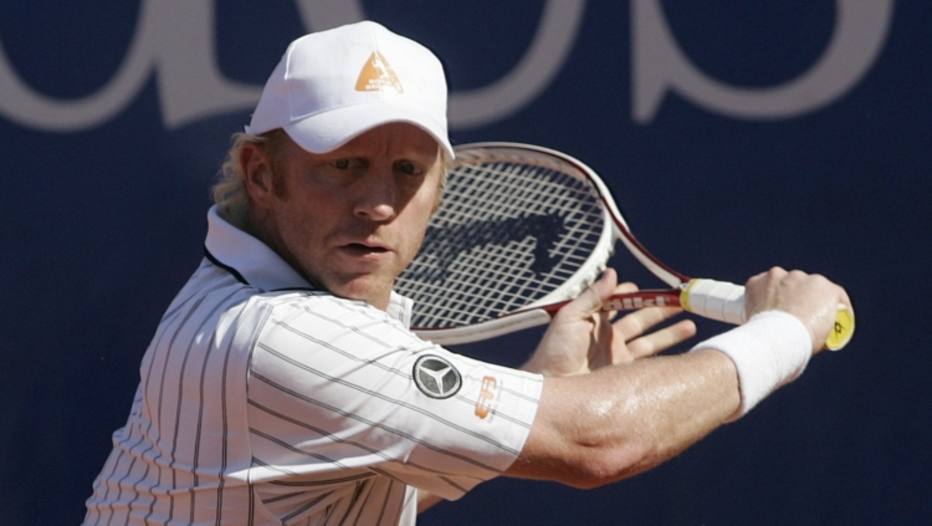
credit, Getty Images
WhatsApp is the second largest platform on Facebook.
Indian Neeraj Arora helped broker the sale of WhatsApp to Facebook for about $22 billion in 2014. However, eight years later, the former WhatsApp commercial director said he regretted contributing to the deal.
“No one knew at first that Facebook would turn into a Frankenstein monster devouring user data,” Arora wrote in a series of posts on his Twitter account on May 4.
“Today, WhatsApp is the second largest platform on Facebook (bigger than Instagram or FB Messenger), but it has remained the product we set our hearts on and wanted to build for the world,” Arora said.
Arora recalls that WhatsApp was founded by Ukrainian-American Yan Kom and American Brian Acton in 2009, as an app that allowed users to communicate internationally and pay $1 to download it.
“For people (like me) who have relatives in several countries, WhatsApp has been a way to stay in touch, without paying SMS or calling fees,” he said.
When negotiations began, Facebook agreed to certain unwavering terms for the WhatsApp founders: not to use user information for data mining (data exploration for consistent patterns), not to post ads, or to implement cross-platform tracking, Arora explained.
At the time of the deal, Facebook founder Mark Zuckerberg described WhatsApp’s services as “extremely valuable” in a statement announcing the deal.
credit, Getty Images
WhatsApp was sold to Facebook for about $22 billion
He noted that Facebook contacted WhatsApp with an “offer that looked like a partnership” based on “full end-to-end encryption support, no advertising, complete independence in product decisions, and a seat on Jan Koum’s board of directors.”
However, he said, “In 2017 and 2018, things started to look very different.”
The former commercial director noted that in 2018, “details of the Facebook and Cambridge Analytica scandal surfaced,” and WhatsApp co-founder Brian Acton sent a “tweet that shocked the social media class or field.”
“It’s time. #deletefacebook,” Acton posted on his personal account in March 2018 to support a conviction against Facebook for allowing British consultancy Cambridge Analytica to collect data from millions of social network users without their consent and use it for the project’s political propaganda.
The company had access to the amount of data when it launched a psychological testing app on the social network. Facebook users who took part in the test ended up giving Cambridge Analytica not only their information, but also data about their friends in their profiles.
As early as 2022, Neeraj Arora wrote, “Tech companies have to admit when they’ve made a mistake.” He concluded the thread on Twitter by saying that he is not the only one to regret that WhatsApp has become part of Facebook.
Have you seen our new videos on Youtube? Subscribe to our channel!

“Friendly zombie fanatic. Analyst. Coffee buff. Professional music specialist. Communicator.”

